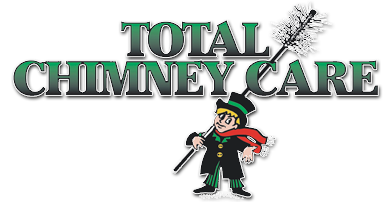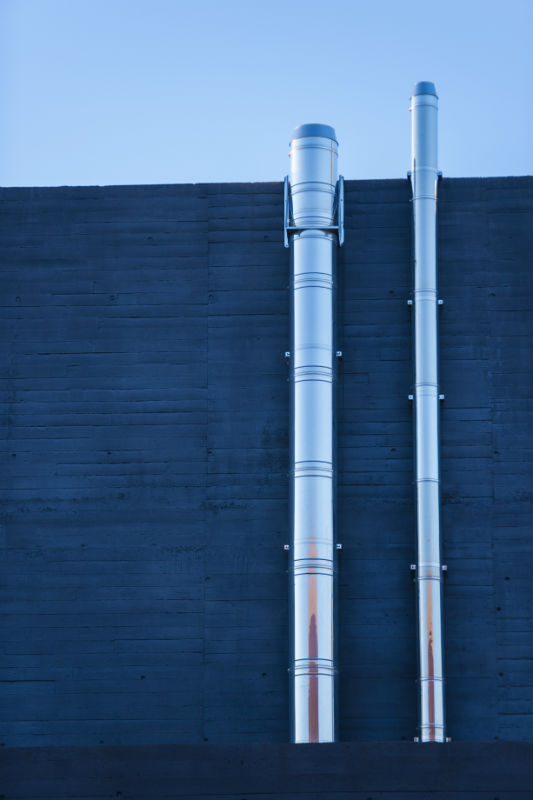 Perhaps one of the most neglected heating systems is the chimney on an oil-fired furnace. Nearly every homeowner with a heating stove or fireplace knows that their chimney needs to be swept and inspected annually. Many homeowners don’t realize, however, that the chimneys on their oil-fired heating systems require the same care.
Perhaps one of the most neglected heating systems is the chimney on an oil-fired furnace. Nearly every homeowner with a heating stove or fireplace knows that their chimney needs to be swept and inspected annually. Many homeowners don’t realize, however, that the chimneys on their oil-fired heating systems require the same care.
Why do oil chimney flues need to be cleaned?
Every time combustion occurs, regardless of the fuel, byproducts are produced. In a heating system, those byproducts build up within the chimney and can cause a variety of problems. In an oil-fueled heating system, carbon and sulfur build up within the chimney flue and can cause a variety of problems. First and foremost, they can block the heater’s ventilation system, making it less efficient at heating your home and lowering its life expectancy. The carbon and sulfur also can drip back onto the heating stove, potentially causing clogs or malfunctions in the heater itself.
The National Fire Protection Associate code that calls for the annual cleaning and inspection of fireplace chimneys also extends to oil-fueled appliances. The annual cleaning removes damaging soot from the chimney flue, increasing the appliance’s efficiency and cutting the risk that the oil-fueled appliance will release dangerous carbon monoxide into the home. The inspection that accompanies the cleaning will help to locate any potentially dangerous damage within the chimney.
Didn’t my oil guy clean my chimney flue?
The assumption by many homeowners is that the oil technician who visits each year also cleans and inspects the chimney. Most will shovel out the masonry base of the chimney and give connecting pipes a quick cleaning, but they do not clear away soot from the chimney flue, and they very rarely inspect the chimney system.
Why does my chimney need to be relined?
The carbon and sulfur emitted from your oil heater is incredibly damaging to your chimney liner. Sulfur, especially when it comes into contact with moisture, will cause clay tile liners to flake, or “spall.” The acid in the sulfur also can corrode stainless steel chimney liners, causing small holes that can compromise the integrity of the liner. A spalling or corroding chimney liner will no longer effectively expel the oil heater’s byproducts and will pose a danger within your home.
Who can I call to clean and inspect the chimney on my oil heater?
Fortunately, here in Connecticut, Total Chimney Care is experienced and knowledgeable in cleaning, inspecting and relining chimneys on oil heating appliances. If you have never had the chimney on your oil heater cleaned and inspected, or if your chimney is overdue for a cleaning and inspection, call Total Chimney Care to schedule an appointment today. We’ll make sure your oil heater is safe to heat your home this winter!


